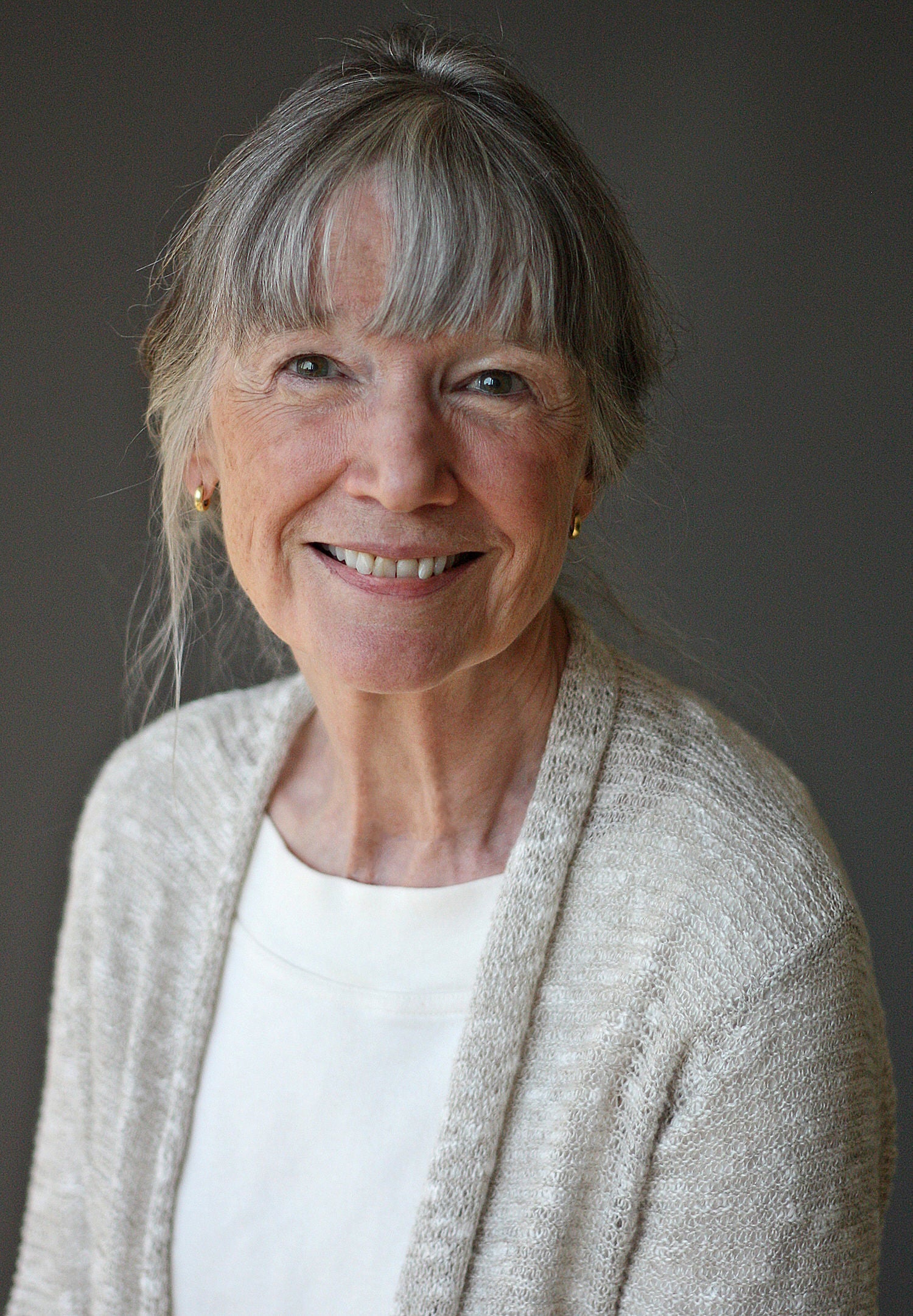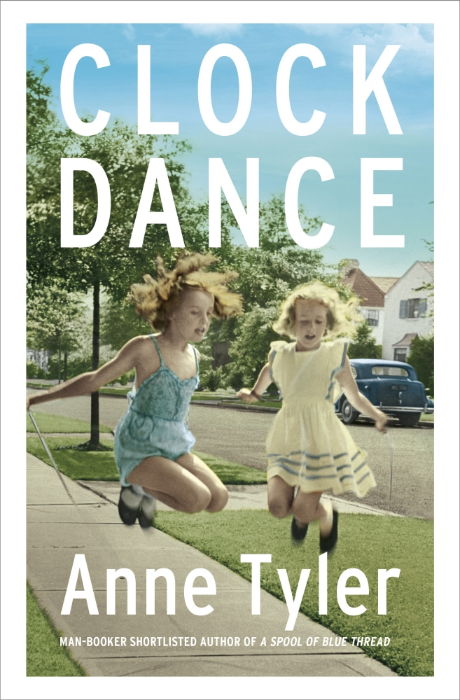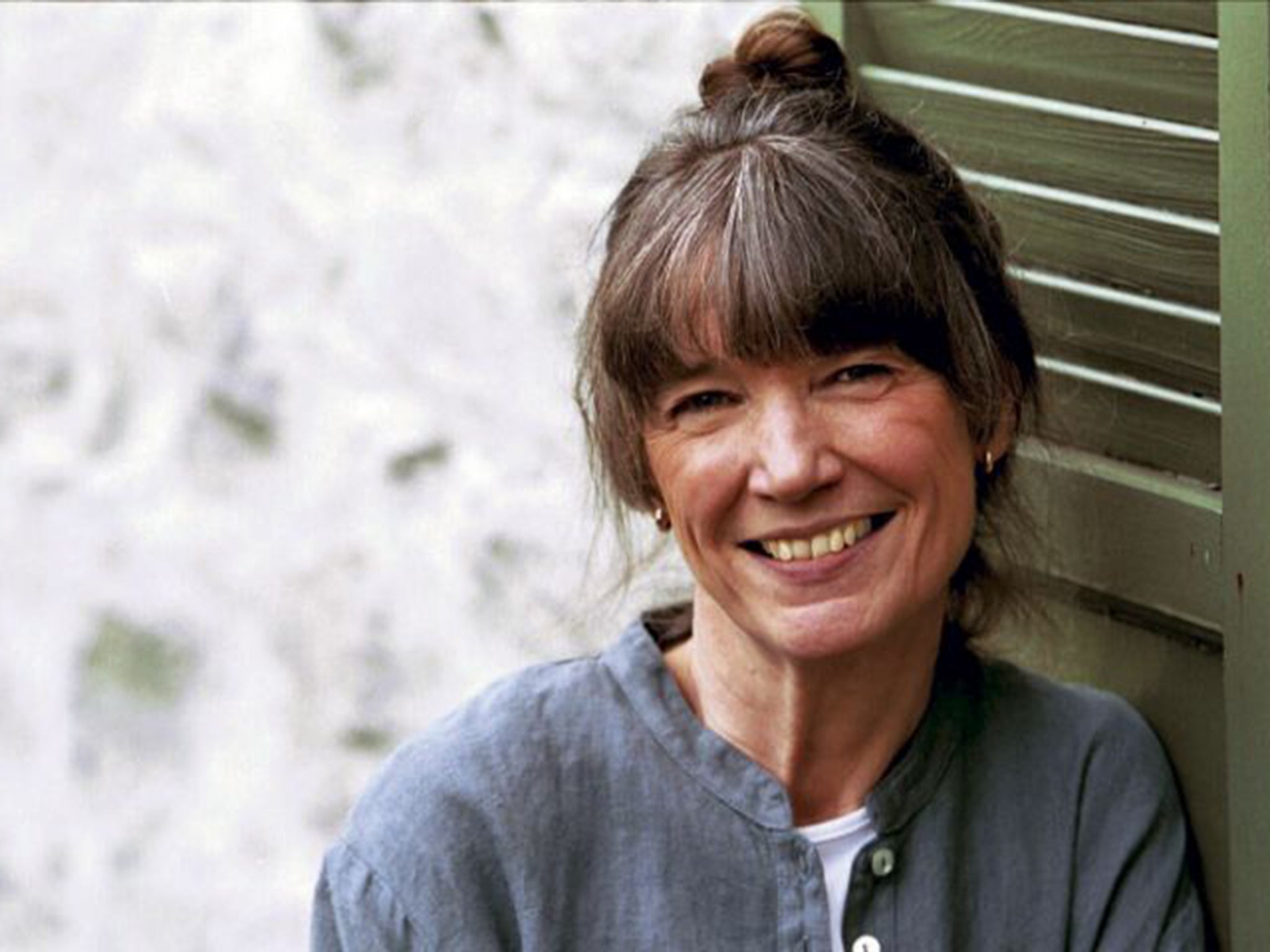Anne Tyler interview: 'I had no intention of becoming a writer'
The Pulitzer-winner used to hate giving interviews – but now she is opening up about her work, her inspiration, and why she just keeps returning to the subject of human endurance

Your support helps us to tell the story
From reproductive rights to climate change to Big Tech, The Independent is on the ground when the story is developing. Whether it's investigating the financials of Elon Musk's pro-Trump PAC or producing our latest documentary, 'The A Word', which shines a light on the American women fighting for reproductive rights, we know how important it is to parse out the facts from the messaging.
At such a critical moment in US history, we need reporters on the ground. Your donation allows us to keep sending journalists to speak to both sides of the story.
The Independent is trusted by Americans across the entire political spectrum. And unlike many other quality news outlets, we choose not to lock Americans out of our reporting and analysis with paywalls. We believe quality journalism should be available to everyone, paid for by those who can afford it.
Your support makes all the difference.The novelist Anne Tyler, whose 22nd novel, Clock Dance, is release next week, has been around for so long, reliably turning out books of such consistently high quality, that it is easy to take her a little for granted. Oddballs, misfits, sad sacks, melancholy, messed-up families — by now we know, or think we know, exactly what we are going to get.
Nor has Tyler made much of an effort to publicise herself. She does not do book tours, rarely gives interviews. She does not need to. She has a Pulitzer Prize, a National Book Critics Circle Award and legions of satisfied fans, among them writers like Jodi Picoult, Emma Donoghue, Nick Hornby. John Updike, another admirer, once said that she was not just good but “wickedly good”.
Tyler is not a recluse, exactly – or, as one critic called her, the Greta Garbo of the literary world – but she is a creature of rigorous habit, rooted in Baltimore, her home for the last 51 years and one she seldom leaves. She does not do interviews, because she dislikes the way they make her feel the next morning.
“I’ll go upstairs to my writing room to do my regular stint of work,” she said recently, “and I’ll probably hear myself blathering on about writing and I won’t do a very good job that day. I always say that the way you write a novel is for the first 83 drafts you pretend that nobody is ever, ever going to read it.”
So why is she sitting in front of a voice recorder now? “I don’t know.” She laughs. “Maybe because I’m getting old and easier to push around.”

For the last 10 years, since her husband died and her children moved away, Tyler, who is 75 now but looks much younger, has lived in a high-end Rouse development on the edge of Baltimore’s leafy Roland Park neighbourhood. Her house is almost disturbingly neat. The upstairs writing room is so uncluttered and antiseptic you could safely perform surgery there, and what actually takes place at her desk is only a little less complicated.
She writes in longhand, draft after draft, and when she has a section she is satisfied with, types it into a computer. When she has a completed draft she prints it out and then rewrites it all in longhand again, and that version she reads out loud into a dictaphone. The result is a style that she modestly calls no style at all, but is nevertheless unmistakably hers: transparent and alert to all the nuances of the seemingly ordinary.
Tyler, who is as unpretentious as most of her characters, insists that she did not set out to be a writer and is still a little surprised that she became one. Her parents were Quakers and conscientious objectors, and until she was 11 she grew up in a commune in the mountains of North Carolina.
“I can perfectly remember my childhood, but nothing else,” she says. “I remember when I was seven, making crucial decisions about the kind of person I was going to be. That’s also the age when I figured out that, oh, someday I’m going to die, and the age when I decided I couldn’t believe in God.”
She smiles. “I’ve never been as intelligent as I was at seven. I have never been as thoughtful or as introspective.”

As a child she read a lot – sometimes books like Little Women over and over again – but even in high school it never occurred to her to be a writer, because she was assigned books like Silas Marner, and Julius Caesar and she knew she could never write like that. When she was 14, living outside of Raleigh, she had a revelation when she read Eudora Welty’s A Curtain of Green and Other Stories.
“I was handling tobacco in the summers,” she recalls, explaining that her job was passing tobacco leaves to someone who tied them on sticks for curing. “The stringer was always a black woman, the handers were mostly farm wives and a few teenaged girls. And they talked, talked, talked. It was a real education. I’d go home every night and my arms would be covered in tar up to my elbows, which tells you something.
“I realised the people Welty was writing about were country people just like the people I was handling tobacco with. I was just flabbergasted. I said, she’s writing my life, people I know, and it’s not Shakespearean English. She’s just telling what’s real out there that she sees. Later I even got to know her. She was like her stories. There was something wondering about her as she spoke, as if she was marvelling at everything she looked at.”
Welty notwithstanding, Tyler went to Duke University, North Carolina, and majored in Russian, not because of any particular interest in that language or its literature, but because she “just wanted to do everything different from my parents.” She says, “If I could have majored in outer space I would have.” This was at the height of the Cold War and another thing that greatly appealed to her was that the head of the Russian department had a personal FBI agent trailing him around.
“I still had no intention of becoming a writer,” she recalled. “I had a series of really good high school English teachers, then an English professor at Duke, and then Reynolds Price, who taught writing there, and every single one of them would say, you’re really good, you ought to be a writer, and I’d just say OK. I wanted to be an artist, though it’s just as well I’m not. I honestly sometimes think to this day, I wonder what I’m going to be?”
Baltimore was also unplanned. Tyler moved there from Montreal in 1967 because her husband, Taghi Modarressi, an Iranian child psychiatrist, was offered a job at a hospital there, and at first she hated it. “Now I don’t know where else I would live. It’s a very kindhearted city, friendly and gentle. That sounds ironic to say but it’s true.” Almost all her books have been set there.

For the most part the Baltimore she writes about – a place part real, part imaginary – could not be less like the neighbourhood she actually lives in. The Baltimore of Tyler’s novels is mostly middle class, or even working class — a place of crowded streets and small houses whose first stories sometimes double as offices for podiatrists and insurance agencies, and where people are probably a little kinder than they are elsewhere.
Clock Dance, Tyler’s fans will mostly be relieved to know, is hardly a departure. It is almost a compendium of familiar Tyler tropes and situations. It mostly takes place in Baltimore, though the main character is not from there.
There is a difficult mother and some estranged siblings, just as in Dinner at the Homesick Restaurant; a marriage of mutual (and perhaps deliberate) misunderstanding, as in Breathing Lessons; and, above all, a curious exploration of what it means to be part of a family. Some of the characters watch a TV show called Space Junk, which is practically an emblem of the novel; it is about some aliens who kidnap random earthlings on the assumption that they must be related and then try to figure out why they behave the way they do.
“Every time I begin a book I think this one is going to be completely different, and then it isn’t,” Tyler says. “I would like to have something new and different, but have never had the ambition to completely change myself. If I try to think of some common thread, I really think I’m deeply interested in endurance. I don’t think living is easy, even for those of us who aren’t scrounging. It’s hard to get through every day and say there’s a good reason to get up tomorrow. It just amazes me that people do it, and so cheerfully.
“The clearest way that you can show endurance is by sticking with a family. It’s easy to dump a friend, but you can’t so easily dump a brother. How did they stick together, and what goes on when they do? – all those things just fascinate me.”
She has no plan to retire. “What happens is six months go by after I finish a book,” she says “and I start to go out of my mind. I have no hobbies, I don’t garden, I hate travel. The impetus is not inspiration, just a feeling that I better do this.
“There’s something addictive about leading another life at the same time you’re living your own.” She pauses and adds “If you think about it, it’s a very strange way to make a living.”
© The New York Times
Join our commenting forum
Join thought-provoking conversations, follow other Independent readers and see their replies
Comments